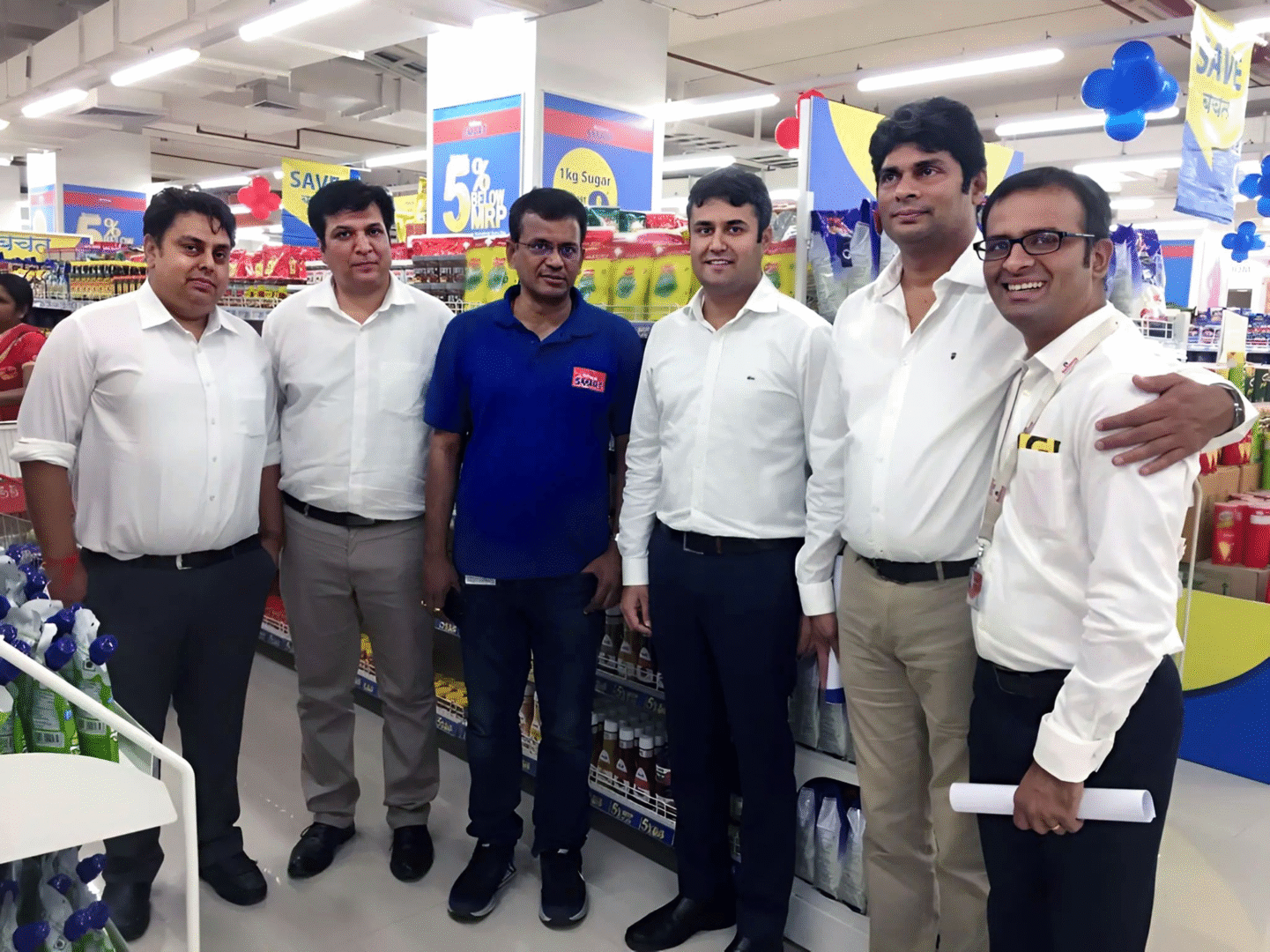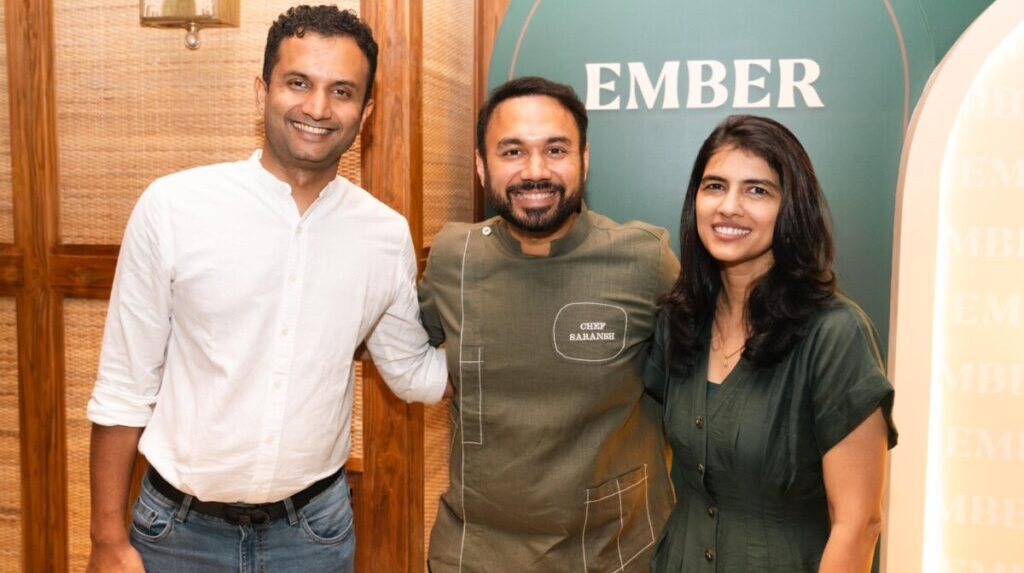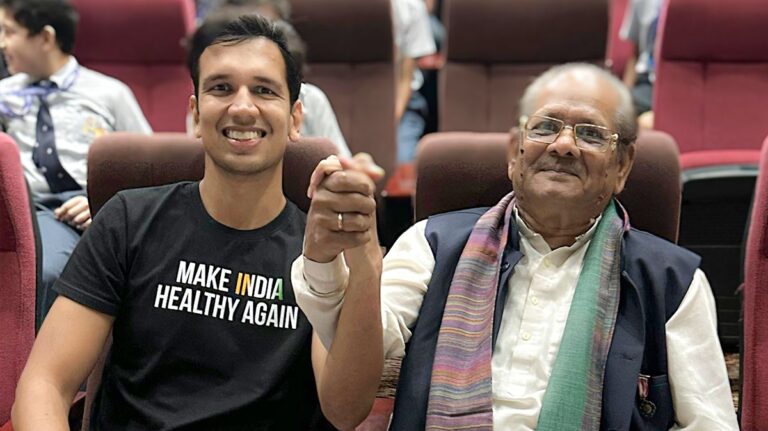The founder and managing director of Veeba, Viraj Bahl, recently spoke on a podcast and discussed the early days of his company, including the establishment of Veeba’s first sales team. The question that began as an apparently simple one, “How did you hire your first sales team at Veeba? Who stayed, who left, and for what reason?”, but it provided insight into the brand’s early struggles and the principles that shaped its success.
Bahl acknowledged that in the beginning, they had limited methods or advanced equipment at their disposal, but he has since transformed Veeba into one of India’s most recognisable brands in sauces and condiments. They had no access to the type of market data analytics that the majority of businesses now depend on, and no structured hiring infrastructure were available. Instead, they had conviction, a defined goal and faith in the product.
According to Bahl, their hiring strategy was influenced by this conviction. The majority of their original team members were recruited through unofficial means, such as reliable recommendations from contacts in the business and even people Bahl and his colleagues encountered while visiting markets, as they lacked the support of complex recruitment tools. He clarified that trust-based recruiting is still crucial in the initial stage of the FMCG industry in India. Digital resumes are less important than relationships and trustworthiness in the real world.
The Values That Defined Early Veeba Sales Hires
“We weren’t chasing brand-name CVs or polished LinkedIn profiles,” Bahl recalled. “We were looking for people who were ready to roll up their sleeves, walk the markets with us, and believe in what we were building.”
He stressed that grit was what was most important at that point. Veeba’s ideal sales hire wasn’t someone who felt at ease in boardroom presentations or regulated territory. Rather, Bahl appreciated those who were prepared to handle the high-stress, unglamorous world of field sales, who understood the dynamics of kirana stores instinctively, and who respected the role of distributors. Characteristics like honesty, dependability, and a sincere enthusiasm for creating something from the ground up were equally important.
Many of those first team members remained and eventually formed the cornerstone of Veeba’s explosive growth in the Indian food industry. Others left, and Bahl pointed out that this is a normal aspect of any business’s development.

Retention Rooted in Trust, Acknowledgement, and Respect
When it comes to retention, Bahl thinks that three essential components: respect, acknowledgement, and trust—are what hold a team together in a rapidly expanding firm. According to him, these principles serve as the emotional foundation of any long-lasting sales culture. Characteristics like honesty, curiosity, and resilience must be natural, even though abilities and product expertise can be learnt over time.
Bahl provided timeless guidance for aspiring business owners and founders aiming to form sales teams in India’s distinct and frequently chaotic marketplace: “Hire for hunger and honesty.” In his view, technical know-how and sales techniques can be taught, but the inner drive to push forward, especially when the going gets tough, must be innate. That, more than anything defines the people who stick around to help build something meaningful.
A Glimpse into Veeba’s Early Days

The journey came full circle when Bahl posted sentimental images from Veeba’s early product launches, including its first labels and a young Bahl with the first sales staff. Those early days, powered by belief more than bandwidth, laid the foundation for what Veeba has become today: a trusted household brand, born out of passion, perseverance, and people who believed in a shared mission.
Also read: Mitra’s Rise: Millet-Driven FMCG Innovation from Tier II and III India

























